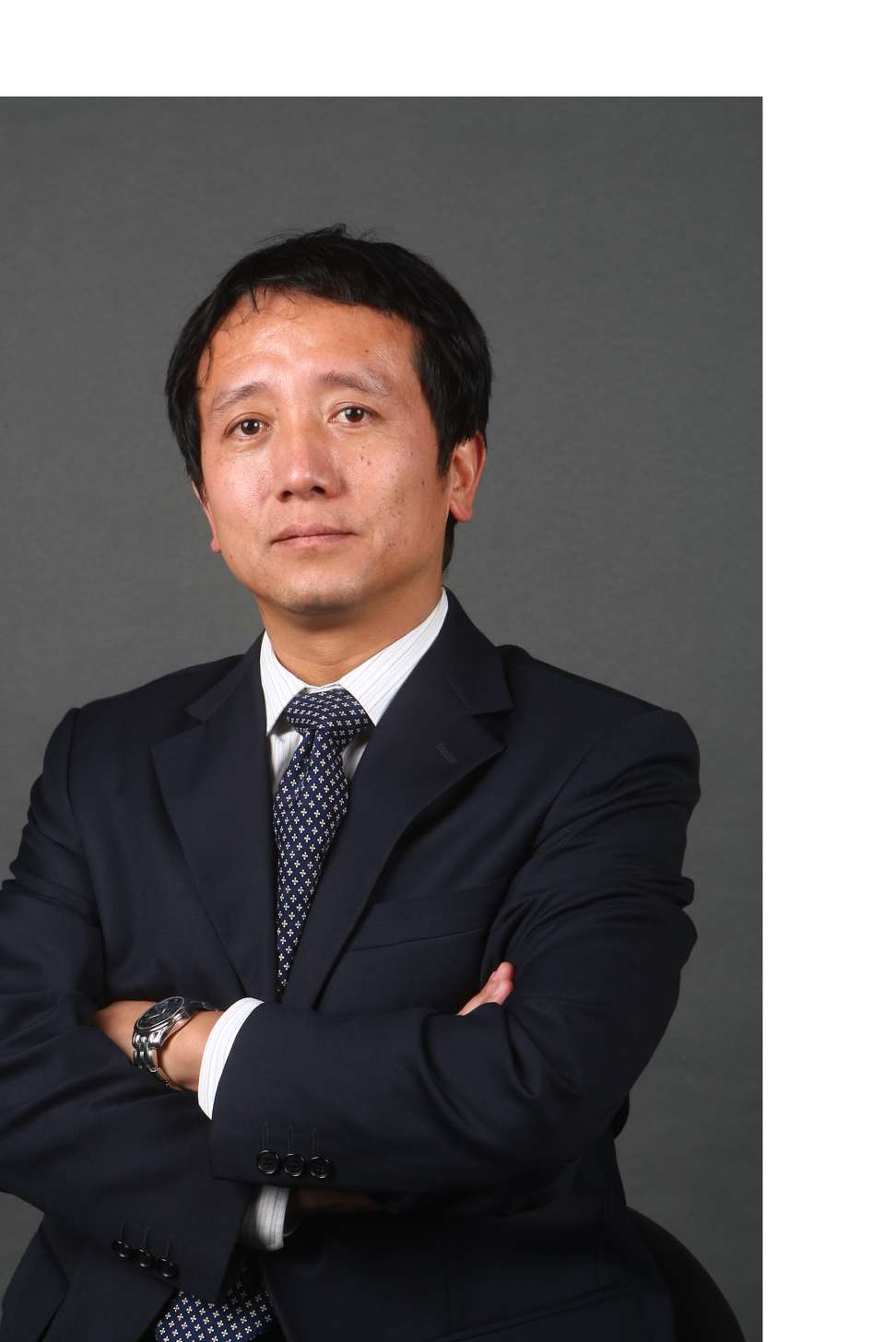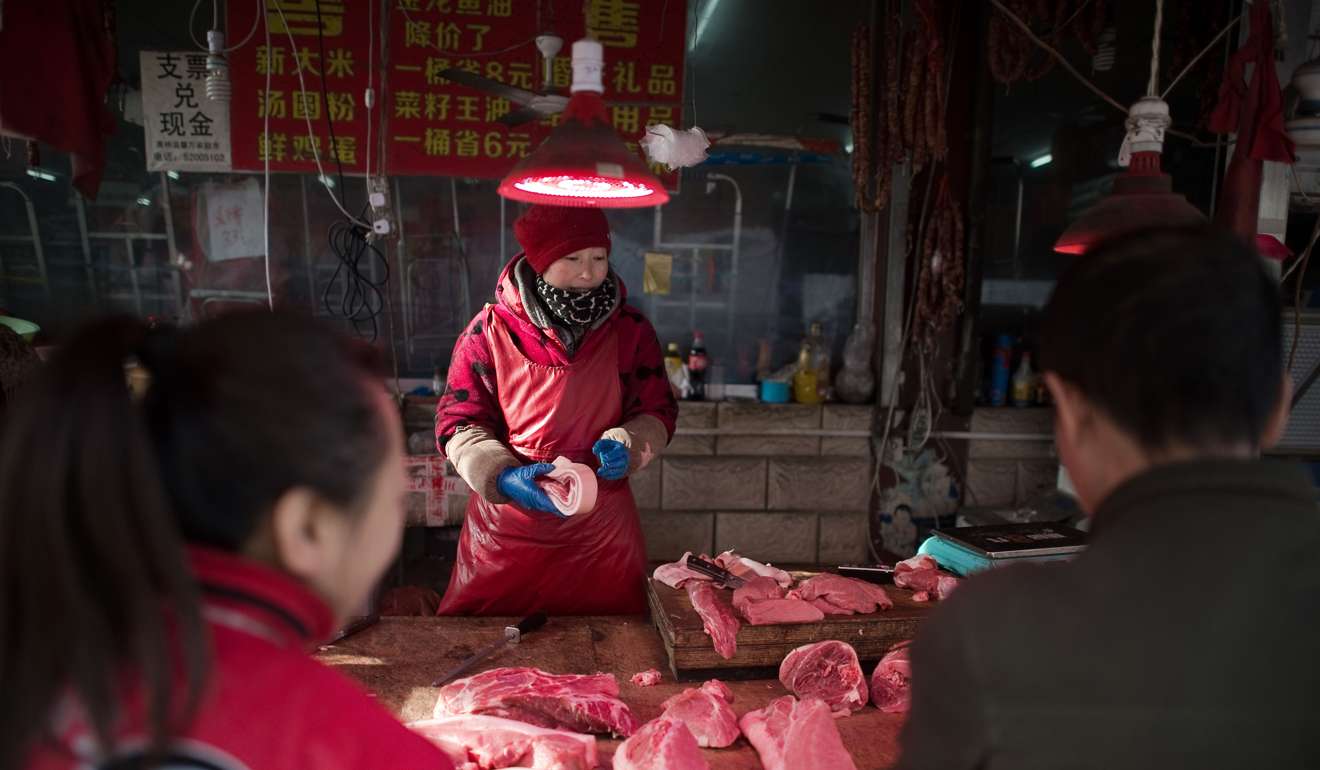
China to allow in more Hollywood movies to appease Trump on trade deficit, says researcher
Concession among measures likely to be discussed at trade talks agreed during two nations’ presidential summit last week, according to state think tank researcher

China is likely to import more American meat, including pork and beef, and allow more Hollywood movies to be shown on the mainland in the coming months to show that Beijing is taking steps to cut its trade surplus with the United States, a Chinese government researcher said.
Mei Xinyu, a researcher at the Chinese Academy of International Trade and Economic Cooperation, a think tank under the Ministry of Commerce, said China may also buy more oil and natural gas from the US as concessions in trade talks be held within 100 days after the summit between US President Donald Trump and his Chinese counterpart Xi Jinping in Florida last week.
“The concessions are relatively easy for China to make,” Mei told the South China Morning Post. China’s gestures and a rise in imports from the US “would enable Trump to claim quick achievements and in exchange China can ask for bigger market access in the US”, he said.
China will probably start by increasing soybean and pork imports from the US and lift a ban on US beef imports, which has been in place since 2003, to narrow the US$347 billion annual trade surplus in goods enjoyed by China, Mei said.
“As many of Trump’s supporters are from agricultural states ... it’s worth buying more farm produce from them as a reward for Sino-US friendship,” Mei said.
One example, said Mei, would be purchasing goods from agricultural states such as Iowa, whose Governor, Terry Branstad, has been named US ambassador to China and has close connections with Xi.

Mei added that China may allow the import of more Hollywood movies.
China caps the number of imported films each year under a revenue-sharing deal reached in 2012. The quota, which Hollywood wants to increase from the official level of 34, is scheduled to be reviewed this year.
Trump threatened to label China a currency manipulator and slap tariffs on Chinese imports while on the election campaign trail, but the US president has yet to take any punitive actions against Beijing on trade. The aim of the 100 day talks agreed at the presidential summit is to narrow the substantial US trade deficit with China.
The US President tweeted on Tuesday that the US was linking trade talks with China with resolving the issue of North Korea’s nuclear weapons programme.

China’s government has always insisted it is not deliberately pursuing a trade surplus and that the imbalance with the US is a result of the two countries’ different economic structures.
China will offer the US better market access for financial sector investments, the Financial Times reported on Monday, citing unnamed Chinese and US officials involved in talks between the two governments.
But Mei, the Chinese researcher, said the financial sector would “be the least likely sector” to open up further to the US because Beijing was extremely wary of financial risks this year.
The Chinese authorities are, however, showing a friendly face to foreign investors given the flow of capital out of the country after the nation’s currency has weakened against the dollar.
China promised to open up its banking industry to foreign investors when it joined the World Trade Organization in 2001. However, the market share of foreign banks remains below two per cent in the Chinese market after over 15 years.